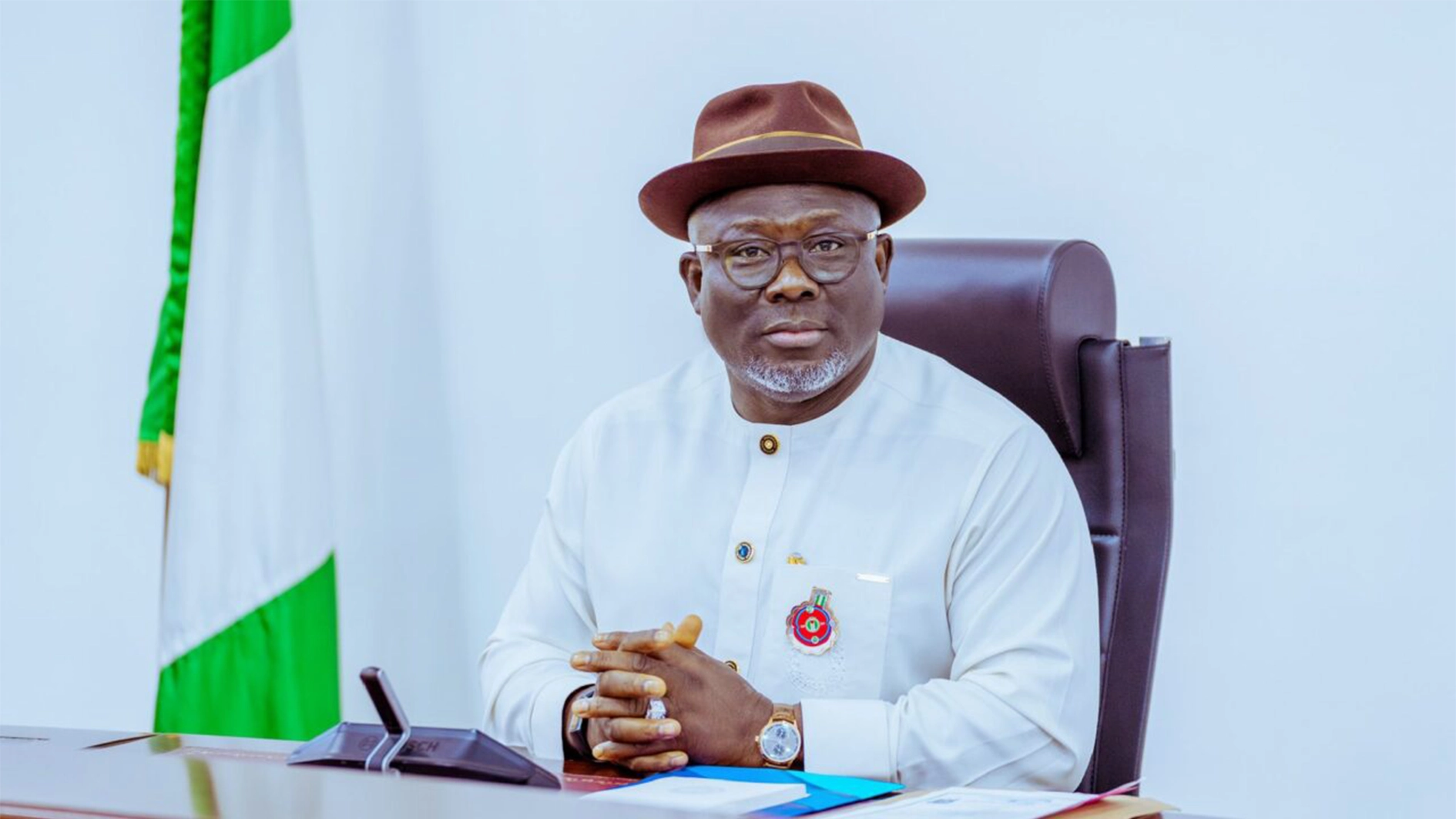Chairman of the House of Representatives Committee on Media and Public Affairs, Hon. Akin Rotimi, has dismissed concerns that the proposed Special Seats Bill would increase the cost of governance, asserting that the legislation aims to enhance representation in Nigeria’s democracy.
Rotimi explained that Nigeria is grossly underrepresented compared to other countries, with one legislator for every 488,000 citizens, one of the highest ratios in the world.
He said, “Adding more legislators will improve representation, not inflate governance costs”.
He made the remarks at a Stakeholders Consultation and Communication Strategy Meeting convened by the Policy and Legal Advocacy Centre (PLAC) with support from the European Union (EU) in Abuja, where lawmakers, civil society leaders, and media practitioners gathered to bolster advocacy for the Bill’s passage.
Rotimi also addressed public misconceptions surrounding the Special Seats Bill, clarifying that it does not seek to displace any existing legislator but rather to create extra seats for women as a corrective measure against long-standing underrepresentation.
“The Special Seats Bill is not about taking away anyone’s seat. It’s about creating additional seats to correct historic underrepresentation,” he stressed.
The legislator urged the media to help dispel misinformation and promote an accurate understanding of the Bill’s purpose. He warned advocates against framing the debate as a gender conflict, emphasising that lawmakers are partners in advancing inclusion.
“The narrative must not be framed as a war between men and women. Lawmakers are allies, not adversaries. We need strategic, empathetic engagement, not antagonism,” he said.
Rotimi also emphasised the importance of mentorship and advocacy precision to advance the Bill. Reflecting on his own experience in public service, he said,
“I would not be here today without mentorship. We must replicate that process by mentoring and supporting women and young people aspiring for leadership.”
He further encouraged stakeholders to hold political parties accountable for promoting female candidates beyond the scope of the Special Seats Bill and to draw lessons from African countries such as Rwanda, Tanzania, and Uganda that have successfully implemented similar measures.
“This is not a foreign agenda,” Rotimi noted. “It is a Nigerian pursuit of fairness, inclusion, and democracy.”
Executive Director of PLAC, Mr. Clement Nwankwo, reaffirmed the organisation’s commitment to legislative advocacy for the Bill’s passage, describing it as a national imperative for democratic renewal.
He stated that both chambers of the National Assembly had made significant progress on the Bill and underlined the importance of ongoing engagement to clear up misconceptions.
“We must continue to push for understanding that these special seats are not compensatory but corrective measures,” Nwankwo said.
He called for sustained and strategic advocacy that bridges the communication gap between lawmakers and citizens. “We have to remain persuasive, consistent, and informed. This is about fairness, not favour,” he said.
In her remarks, Hajia Aishatu Ibrahim, National President of the Nigerian Association of Women Journalists (NAWOJ), called for a unified and visionary communication strategy to strengthen advocacy around the Bill.
“This Special Seats initiative is about more than representation; it is about reimagining governance and expanding the democratic space,” she said.
Ibrahim urged journalists and civil society communicators to craft messages that “bridge divides between institutions, communities, and ideas.”
According to her, sustained collaboration among stakeholders will build a “national consensus that no opposition can break.”
“If we fail to get it right this time,” she warned, “it will not just be a setback for women, it will be a setback for Nigeria’s democracy.”
Representing the Nigerian Union of Journalists (NUJ), John Angese applauded PLAC and the EU for convening the forum and reaffirmed the NUJ’s commitment to the campaign for gender-balanced governance.
“The NUJ will continue to partner with civil society to promote inclusive legislation,” he said. Quoting the late U.S. First Lady Eleanor Roosevelt, Angese reminded participants that “no country can fully progress if it deprives itself of the contributions of half its population.”
He called on journalists to use their platforms to educate the public, tackle cultural and economic barriers, and promote fair representation. “We have work to do at every level within our newsrooms and our communities,” he said.
At the consultation, stakeholders agreed that inclusive representation remains central to Nigeria’s democratic consolidation and that empowering women politically is not only a matter of equity but also a crucial aspect of national development.
They reiterated the call for coordinated advocacy and accurate public messaging to ensure that the Special Seats Bill receives the necessary support in the National Assembly.






